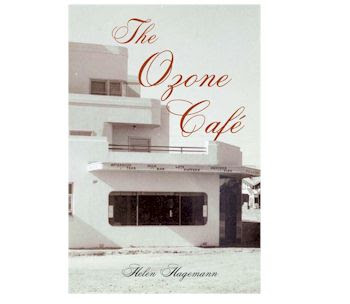I visited Ireland for three weeks in September 2011, and
walked along the same roads and laneways every morning while
staying in county Monaghan, at a writers' centre. I photographed interesting landscapes and
came across this derelict house. It was too overgrown to go inside, but I
could see inside, nevertheless.
Old as Cows are
A house sits in a field
uncared for.
Grey calm of slate roof
and a chimney’s cold air, puffing.
Year after year this cottage,
married to weeds, dies in bracken
and an ivy graveyard. Death for life.
Trees holding onto their view,
blackberry vines curl with fruit, saplings
spire by sentinels of wired posts.
A door sits back like a mouth where
no food enters. Windows look out
from a darkness within. A magnolia tree
is the last, healthy touch of a family,
planting. The raw stillness of it.
And they who farmed here, gone,
foisted with the fight of poverty. White-
washed bricks, old as cows are, strengthen
in the sun; a face that sings to no-one, or
for whoever comes.





















